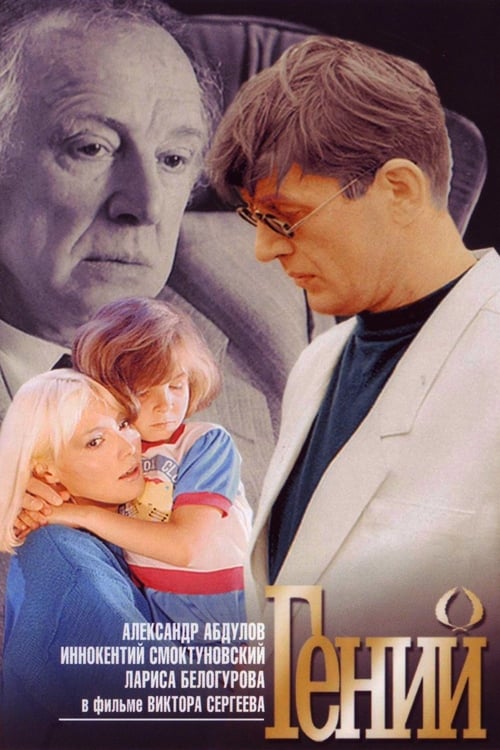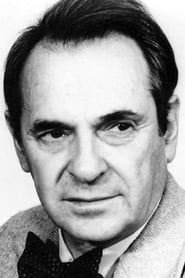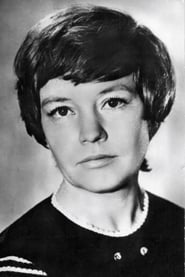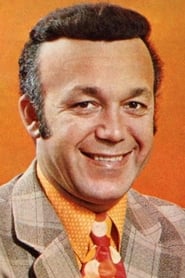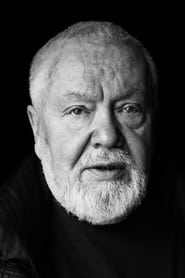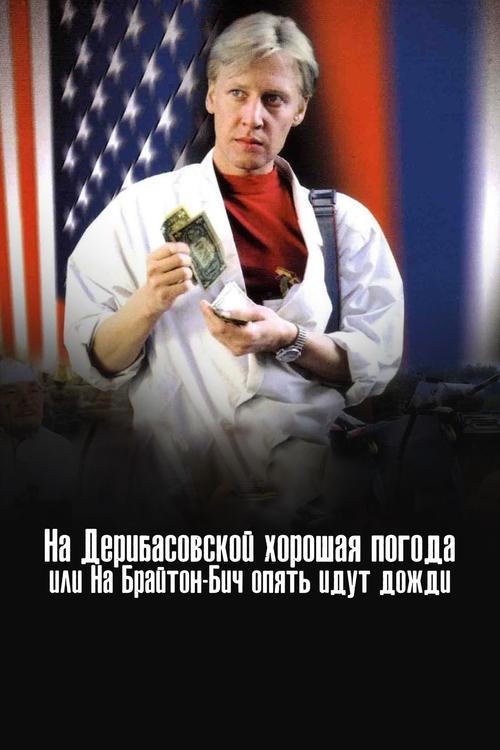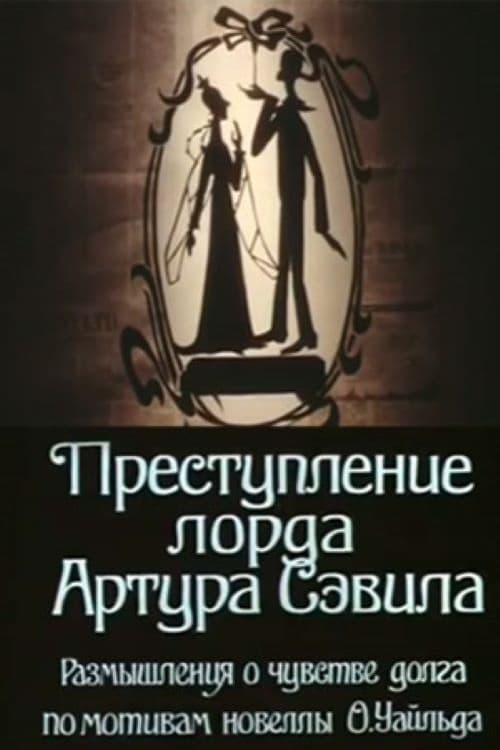
Ask Your Own Question
What is the plot?
Sorry, we aren't able to watch and write up a full detailed plot yet. Check back in a few days.
More Movies Like This
Browse All Movies →What is the ending?
In the ending of the movie "Genius," the protagonist, a young boy named Charlie, faces the consequences of his extraordinary intelligence and the pressures that come with it. After a series of events that lead to personal and academic challenges, Charlie ultimately decides to embrace his individuality and pursue his own path, rather than conforming to the expectations of others. The film concludes with a sense of hope and self-acceptance as Charlie finds his place in the world.
As the final act unfolds, we see Charlie grappling with the weight of his genius. He has been pushed by his parents and teachers to excel, but this pressure has taken a toll on his emotional well-being. In a pivotal scene, Charlie stands in front of a mirror, reflecting on his journey. The camera captures the conflict in his eyes, a mix of determination and uncertainty. He realizes that while his intelligence is a gift, it does not define him entirely.
In the next scene, Charlie confronts his parents, who have been instrumental in shaping his academic life. The tension in the room is palpable as he expresses his desire to explore his interests outside of the rigid confines of academia. His parents, initially resistant, begin to understand the importance of allowing Charlie to forge his own identity. This moment is charged with emotion, as Charlie's vulnerability shines through, revealing his longing for acceptance and understanding.
The climax of the film occurs during a school competition where Charlie is expected to showcase his intellect. As he stands on stage, the pressure mounts, and he feels the weight of expectations bearing down on him. However, instead of delivering a rehearsed speech, he speaks from the heart, sharing his true feelings about the importance of passion over perfection. The audience is captivated, and for the first time, Charlie feels a sense of liberation. This scene is visually striking, with close-ups of Charlie's face, capturing the raw emotion of his breakthrough.
Following the competition, Charlie's journey takes a turn as he begins to explore his creative side. He finds solace in art and music, activities that allow him to express himself freely. The film juxtaposes scenes of Charlie painting and playing an instrument with moments of him studying, highlighting the balance he is striving to achieve. His newfound passion brings him joy, and the audience can see the transformation in his demeanor.
In the final scenes, we witness Charlie's relationships with his peers evolve. He begins to connect with other students who share his interests, forming friendships based on mutual respect and understanding. The film closes with a montage of Charlie engaging in various activities, smiling and laughing, a stark contrast to the isolated boy we met at the beginning. The screen fades to black as the message of self-acceptance and the importance of following one's passion resonates.
As the credits roll, we learn that Charlie's journey is just beginning. He has not only embraced his genius but has also discovered the value of being true to himself. The film leaves the audience with a sense of hope, emphasizing that intelligence is just one aspect of a person's identity, and that personal fulfillment comes from pursuing what truly makes one happy.
Is there a post-credit scene?
The movie "Genius," produced in 1991, does not have a post-credit scene. The film concludes without any additional scenes or content after the credits roll. The story wraps up with the resolution of the main plot, focusing on the characters' journeys and the culmination of their experiences throughout the film.
What motivates the character of Charlie in the movie Genius?
Charlie, a young boy with extraordinary intelligence, is driven by a desire to prove himself and find acceptance among his peers. His brilliance often isolates him, leading to a deep yearning for connection and understanding from those around him.
How does Charlie's relationship with his teacher, Mr. McGowan, evolve throughout the film?
Initially, Charlie feels a strong admiration for Mr. McGowan, who recognizes his potential and encourages his intellectual pursuits. However, as the story progresses, Charlie grapples with the pressure of expectations and the realization that Mr. McGowan's guidance may not always align with his personal desires, leading to tension and conflict.
What role does Charlie's family play in his development as a genius?
Charlie's family, particularly his mother, struggles to understand his unique abilities. Their attempts to support him often come from a place of fear and misunderstanding, which creates a complex dynamic that influences Charlie's self-perception and emotional well-being.
How does the character of Lisa impact Charlie's journey in the film?
Lisa serves as a pivotal figure in Charlie's life, representing a potential romantic interest and a source of emotional support. Her acceptance of Charlie for who he is helps him navigate the challenges of his intelligence and the social isolation it brings, ultimately encouraging him to embrace his uniqueness.
What challenges does Charlie face in school due to his genius?
Charlie encounters significant challenges in school, including bullying from classmates who feel threatened by his intelligence and a curriculum that often fails to engage him. These experiences contribute to his feelings of alienation and the struggle to balance his academic prowess with the desire for social acceptance.
Is this family friendly?
The movie "Genius," produced in 1991, contains several elements that may not be considered family-friendly. Here are some potentially objectionable or upsetting aspects:
-
Mature Themes: The film explores complex themes such as ambition, rivalry, and the pressures of academic success, which may be difficult for younger viewers to fully understand.
-
Emotional Turmoil: Characters experience significant emotional struggles, including feelings of inadequacy, jealousy, and betrayal, which could be distressing for sensitive viewers.
-
Conflict and Tension: There are scenes of intense conflict between characters, which may include verbal confrontations and moments of high tension that could be unsettling.
-
Depictions of Failure: The film portrays the harsh realities of failure and disappointment, particularly in the context of competition, which might be upsetting for children who are sensitive to themes of loss or defeat.
-
Mature Language: There may be instances of strong language or adult dialogue that could be inappropriate for younger audiences.
Overall, while "Genius" offers a rich narrative, its themes and emotional depth may not be suitable for all children or sensitive viewers.

